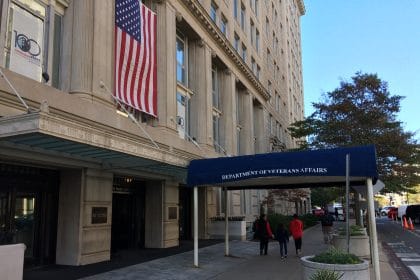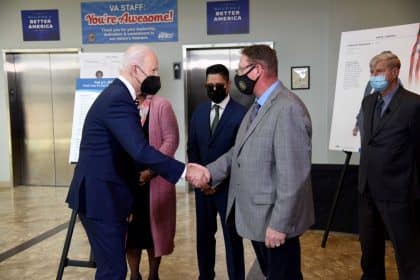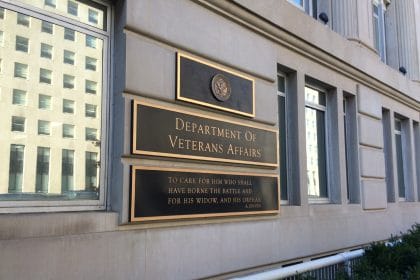Supreme Court to Weigh In on Veterans’ Education Benefits

WASHINGTON — The Supreme Court on Monday agreed to hear a case that could significantly revise federal benefit regulations and potentially provide millions of veterans with additional funding for their education.
The case revolves around how the Department of Veterans Affairs has distributed educational aid under the Post-9/11 GI Bill and Montgomery GI Bill programs. The former provides eligible veterans with 36 months of financial support, including tuition payments, housing stipends and other forms of assistance. The Post-9/11 GI Bill is currently utilized by most veterans pursuing education.
The Montgomery GI Bill program, which the department is gradually phasing out, was the precursor to the Post-9/11 GI Bill.
While it offers significantly lower financial assistance, veterans who contributed to the program at the beginning of their military service can still receive several thousand dollars each year to cover tuition expenses.
In Rudisill v. McDonough, the central issue revolves around determining whether a veteran who has fulfilled two distinct periods of qualifying service under the Montgomery GI Bill and the Post-9/11 GI Bill is eligible to receive a combined total of 48 months of educational benefits from both programs, without being required to deplete the Montgomery benefit before accessing the more valuable Post-9/11 benefit.
James Rudisill, an Army veteran who became the focal point of the court case, sustained injuries in a roadside bomb attack in Iraq in 2005 and promptly utilized his Post-9/11 GI Bill benefits. However, in his pursuit of attending Yale Divinity School to fulfill the requirements for becoming an Army chaplain, he desired to access his untapped Montgomery GI Bill benefits. When Veterans Affairs officials rejected this request, Rudisill filed a lawsuit against their decision.
In court, officials from the VA have contended that utilizing both benefits constitutes double dipping, a practice forbidden by federal law. However, in recent years, courts have consistently ruled against their argument, asserting that despite the funds originating from the same VA budget, the education programs are distinct and should be treated as such.
Should the Supreme Court rule against the Veterans Affairs’ interpretation of how the programs must be administered, veterans who exhaust their Post-9/11 GI Bill program may still be eligible to receive an additional 12 months of financial assistance for their education.
The case will be heard during the Supreme Court term that begins in October.
You can reach us at [email protected] and follow us on Facebook and Twitter























